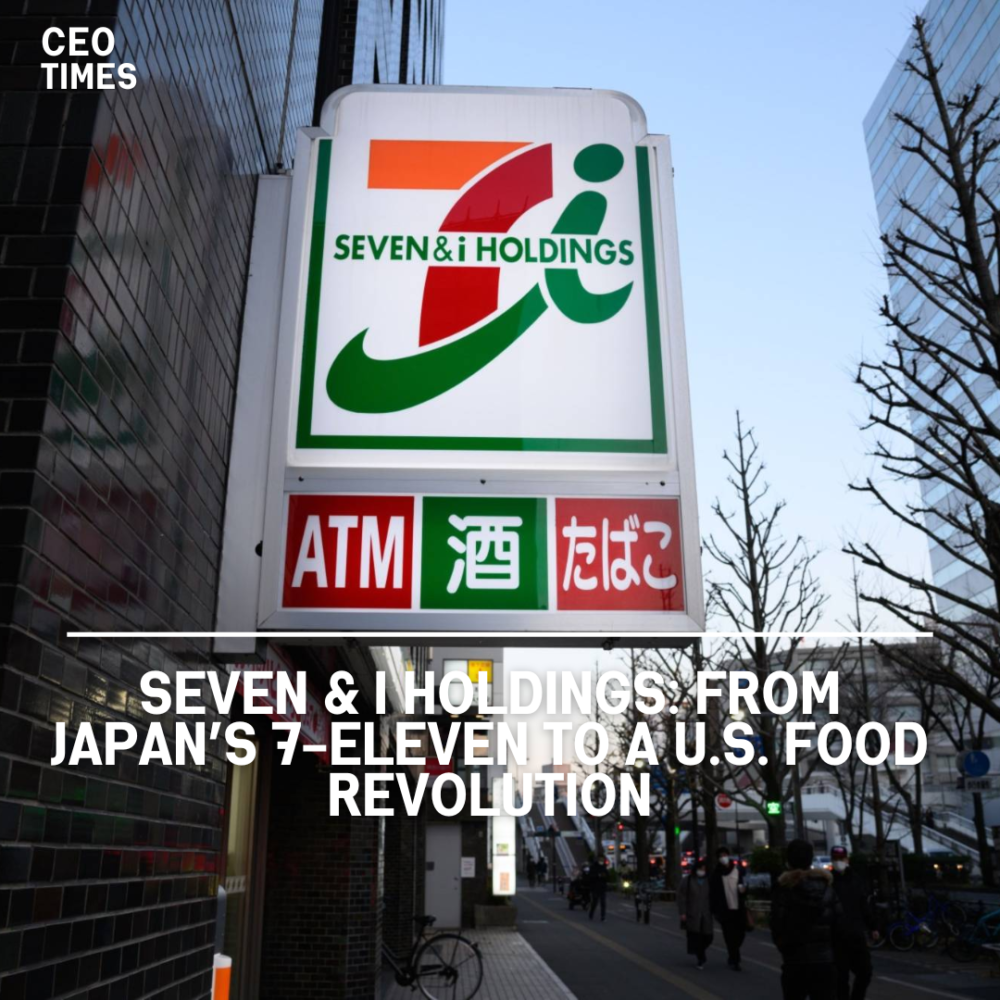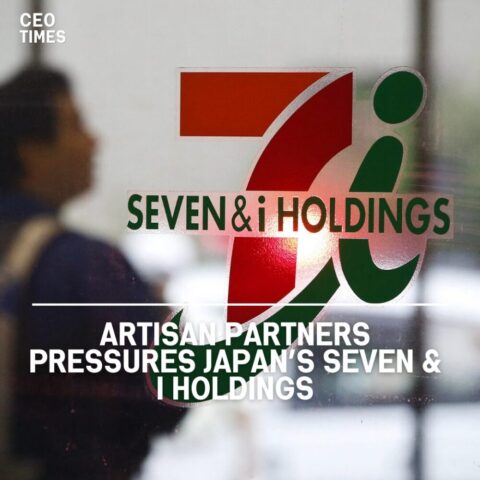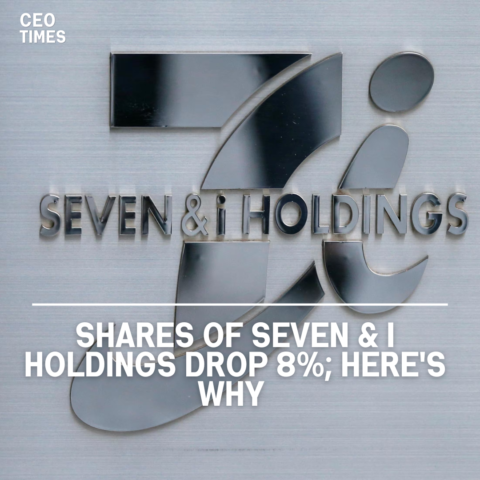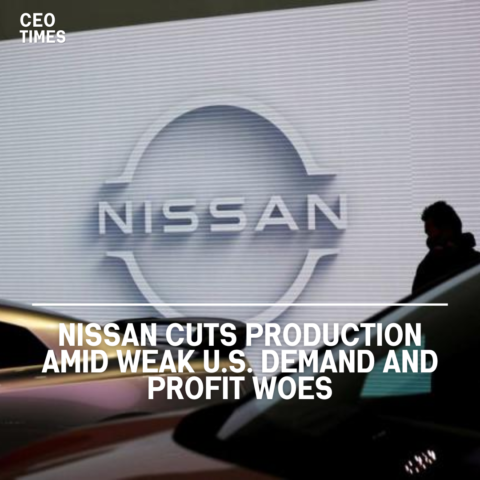Seven & i Holdings has elevated the 7-Eleven convenience store from a simple retail outlet to a popular food destination in Japan. Offering fresh sandwiches, rice balls, and an array of boxed lunches, 7-Eleven has revolutionized the way millions of people eat.
Five decades after opening its first store in Japan, Seven & i is now on a mission to bring some of its most popular offerings to the U.S. market. However, this strategy could be at risk due to a potential takeover bid from Canada’s Alimentation Couche-Tard, the owner of Circle-K convenience stores.
Couche-Tard’s Interest and Potential Impact:
Couche-Tard has expressed interest in acquiring Seven & i, which currently has a market value of $36 billion. Although no deal value has been disclosed, and there’s no guarantee a transaction will occur, analysts suggest that Couche-Tard is particularly interested in North American synergies, where Seven & i operates over 15,000 convenience stores and gas stations. However, these are far less profitable than the firm’s 21,000 Japanese stores, known as “conbini.”
Food enthusiasts are concerned about how a possible acquisition might affect the quality of 7-Eleven’s offerings. Jeremy Jacobowitz, a New York-based food influencer with over 500,000 Instagram followers, praised the higher quality and uniqueness of the food at Japanese 7-Eleven stores. “It makes me nervous that they will mess with what I deem perfection,” he said, though he clarified he does not receive financial consideration from Seven & i.
Profit Margins and Fresh Food Strategy:
At its Japanese conbini, Seven & i enjoys a 27% operating profit margin, compared to just 3.5% at its overseas convenience stores. To address the low profitability in the U.S., Seven & i is introducing over 200 food items to its U.S. stores this year, including some distinctly Japanese offerings. This strategy has been well-received by fans on social media and food-related websites.
A significant part of this plan depends on plants operated by Warabeya Nichiyo Holdings, a Japanese firm in which a Seven & i unit is the top shareholder. In Texas, the company will produce “onigiri” rice balls and “Lone Star Sliders,” while in Virginia, it will roll out Japanese-style sandwiches made with thin, slightly sweet white bread and chicken curry rice bowls.




















